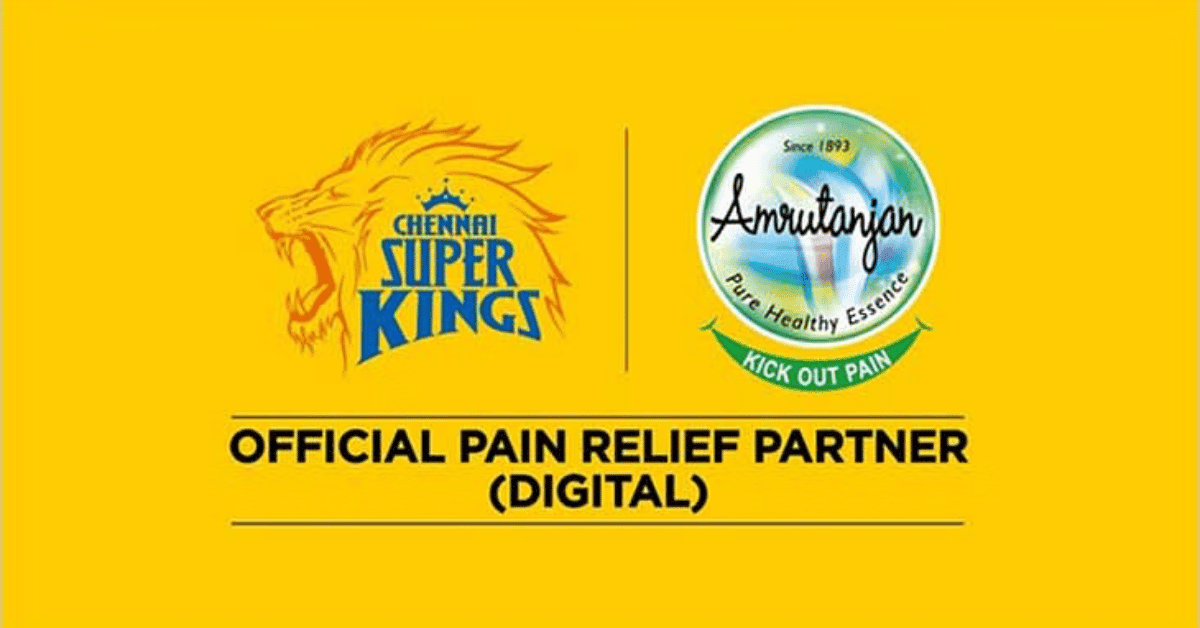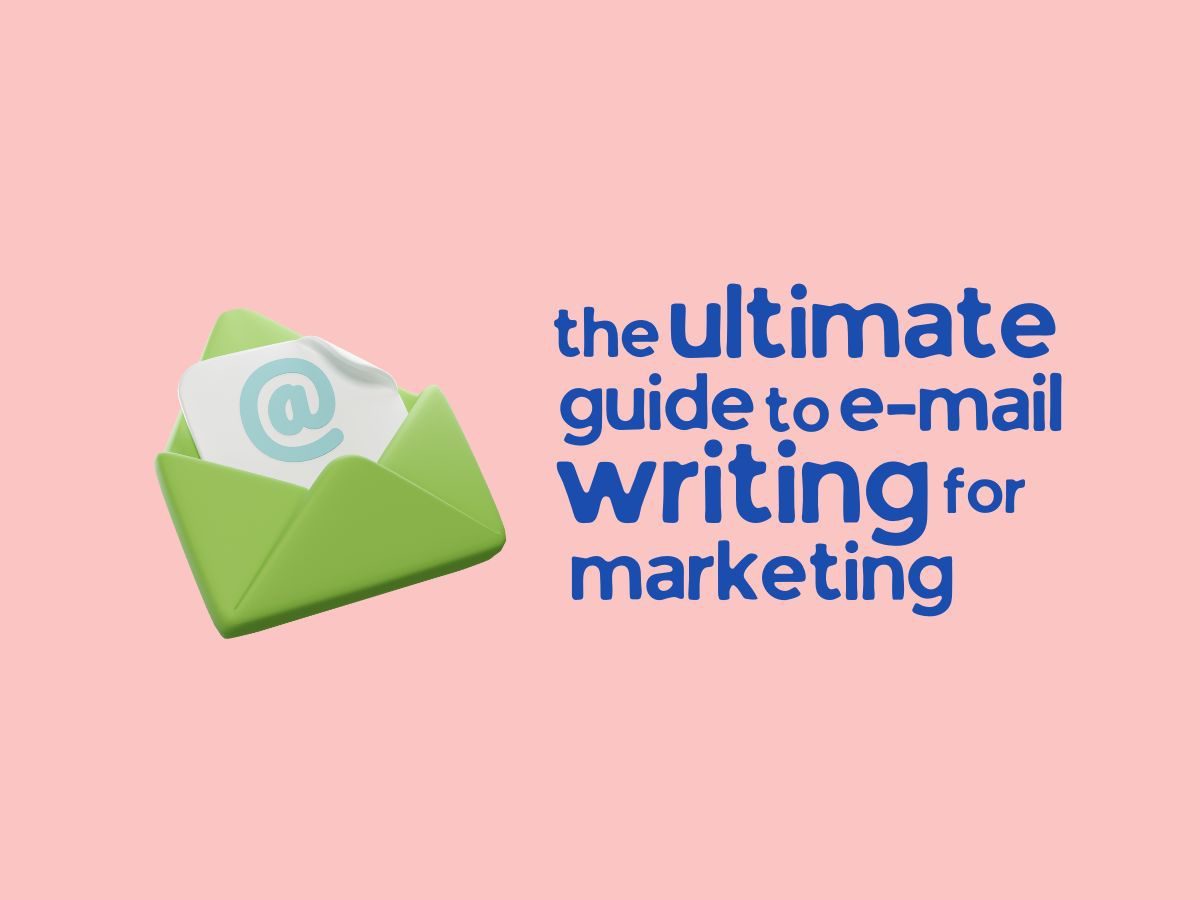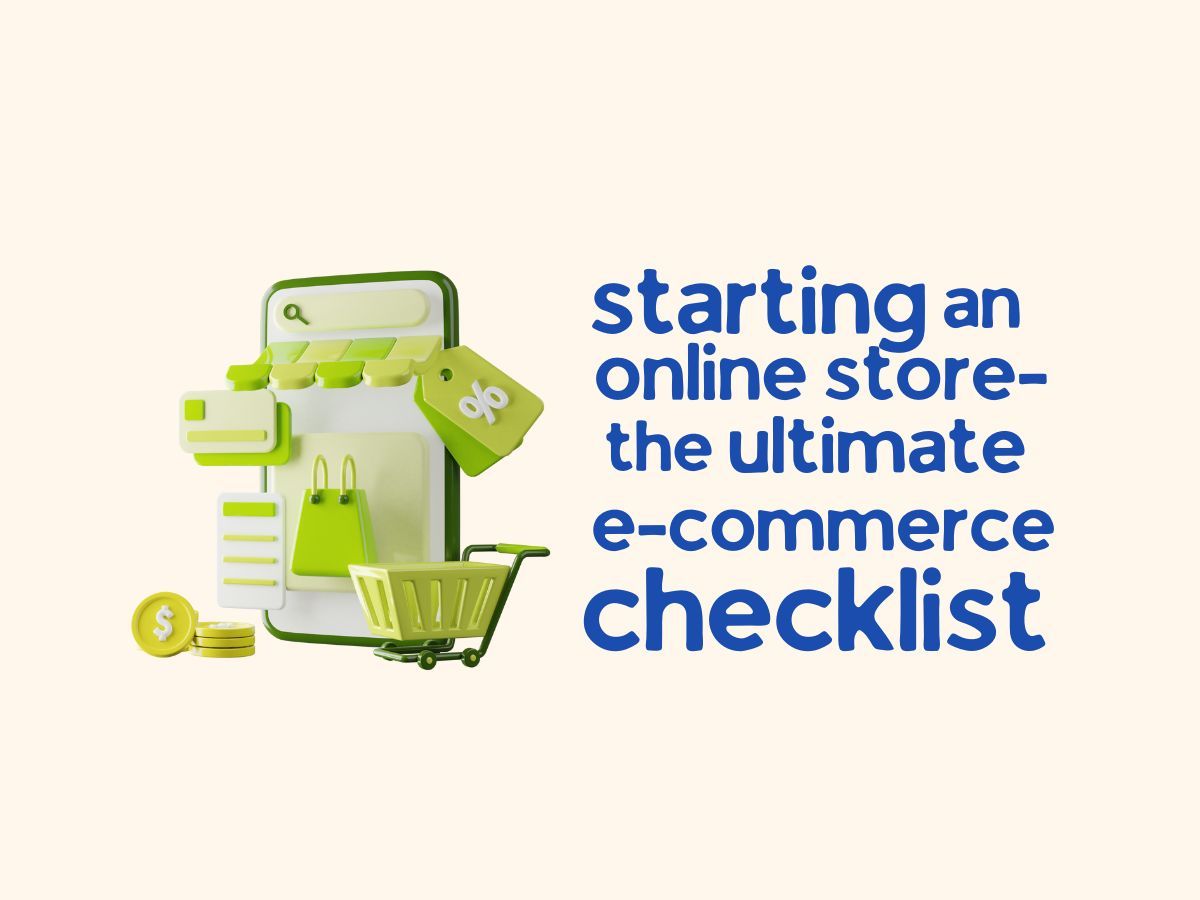Online marketplaces give you the chance to showcase your brand and products on channels that link you to diverse and increasingly global consumers.
What are online marketplaces?
Online marketplaces often provide the following regardless of their style or income model:
- A single platform that many sellers use.
- Web hosting, transaction processing, and general website interface upkeep. Fulfillment services could also be available for extra money depending on the platform.
Although this definition covers the essentials, the lines are becoming more hazy today.
Google Shopping and other search engine shopping destinations show products from various vendors in a marketplace-like setting, but historically, consumers clicked back to retailer websites to find out more and make purchases.
Google is moving toward becoming a true marketplace by now providing its own payment mechanism. Similar to how social networks have long included product listings connected to eCommerce websites in paid advertising, Facebook, Instagram, Pinterest, and even TikTok now accept transactions within their environments, fusing with markets to create new social commerce platforms and experiences.
Why should I sell on an internet market?
Marketplaces may be advantageous for your company for the following reasons:
Online markets are used by consumers. The attractiveness of buying a variety of things from several merchants in a single transaction is its convenience. Six online marketplaces, accounting for 62% of all eCommerce transactions globally, were among the top eight most popular retail websites on the internet in 2020.
The infrastructure is kept up by the marketplace. You can concentrate on your primary company since you can use an eCommerce site that has already been created and perfected by someone else.
International exposure is provided by online markets. You can acquire exposure across borders without any hassles by using a number of the most well-liked marketplaces in the globe, which cater to viewers outside. Regional competitors like MercadoLibre compete with Amazon, which is powerful globally.
Reputable internet stores–
Some of the most well-known online marketplaces are handled by the greatest names in retail, while others are independent of well-known companies. Top marketplace locations include:
- Amazon- The vast majority of products sold on Amazon come from marketplace vendors in a variety of industries, from electronics to beauty. Amazon is both a seller and a marketplace, thus goods from independent merchants are displayed alongside goods the company sells. The core functionality of Wix eCommerce can be used to create an Amazon shop for those who want to learn how to sell on Amazon.
- Shopping at Walmart With more than 100,000 vendors on its marketplace, which Walmart launched in 2009 (primarily to compete with Amazon), the retail behemoth has had double-digit eCommerce growth since the epidemic. Once their applications have been accepted, marketplace vendors can start selling items alongside those that are available in Walmart shops.
- eBay- With the bulk of things selling for a fixed price utilising the “Buy It Now” option, eBay has evolved from its roots as an online auction site for individuals to sell their used goods to its current status as a popular platform for brands. Approximately half of eBay’s 152 million buyers are based in the United States. Wix eCommerce features eBay as a native sales channel.
Specialized markets
Though the largest online marketplaces provide strong platforms and wide audiences, it may be simple to get lost in the noise, making more specialised niche sites an appealing alternative. In 2021, 42% of shoppers made purchases from one of these locations, demonstrating the popularity of these locations. The top locations are:
- Etsy- Despite offering a wide range of products, from 3D-printed trinkets to vibrant cloth face masks, Etsy places a strong emphasis on handcrafted goods from small vendors. Even though it earned over $330 million in sales in a single quarter with a blistering annual growth rate of 19%, this lends it a specialised appeal.
- Wayfair- Wayfair touts more than 20 million customers and 12,000 suppliers, specialising in “home products” like bedding and kitchen appliances. Wayfair is the leading furniture-related online retailer in the US because to a meticulous vendor selection procedure and attentive curating.
- Newegg- This tech-focused marketplace has gained more than 40 million users since its start in 2011, and they utilise the website to buy electronics, entertainment media, games, and other items.

Choosing the appropriate online market strategy
Selling opportunities on online markets are essentially limitless. But a sound market strategy is essential to maximizing the benefits—both now and in the future. A quick check list is provided below to get you going.
1. Select the location where you will sell
Your marketplace choices can be made with the support of current and potential customers. You can also look at listings on rival marketplaces to get a sense of the hotspots in your industry.
2. Recognize the trade-offs in each market
Markets offer a lot, but they also have their own difficulties. Make sure you comprehend the following before deciding on your product selection and pricing:
Popularity versus rivalry. The largest online marketplaces feature both a large number of sellers and a large number of customers. This implies that increasing visibility might not come naturally, and you might even need to incur additional costs like paid listings in order to attract new clients.
Friend vs foe: the marketplace operator. Some online marketplaces don’t just offer things for sale; they also produce their own private-label products, which could lead to a conflict of interest with other merchants. Amazon has come under fire for stealing the ideas for its new products from marketplace best-sellers and releasing them under its own private label. Due of this, it is crucial to own and maintain your own eCommerce real estate, such as a Wix online store.
3. Select products and establish prices
You can decide which things to sell and at what price once you have a handle on your true costs. The objective is to showcase offerings that are distinctive without being so uncommon as to be infrequently searched for and observed. Established best-sellers (products that fit with popular categories) and distinctive presents or sets are among the items to take into consideration.
4. Construct a robust product feed
Each marketplace has specific guidelines for how product information and photos should be presented. To make use of all the features offered by the marketplace platform, carefully construct your own product stream.
05. Define and evaluate your fulfilment procedure
Larger marketplace platforms charge extra for fulfilment services, which might be especially helpful if your consumers need faster delivery than you can handle on your own.
Make sure to thoroughly test whatever procedure you develop because fulfilment time is frequently one of the factors marketplace algorithms consider to determine which listings receive higher notice.
06. Boost client service
Provide timely attention to them because most marketplace systems track marketplace merchants’ reaction times to customer care inquiries and grievances.
07. Complete, assess, and modify
Once your marketplace products have been released, monitor sales, ad spending, and customer service closely. You may also utilise the built-in monitoring tools to monitor performance. Adjust product offerings, costs, or shipping alternatives as necessary, and always carry out a thorough evaluation before significant occasions, like the busiest holiday season.


















